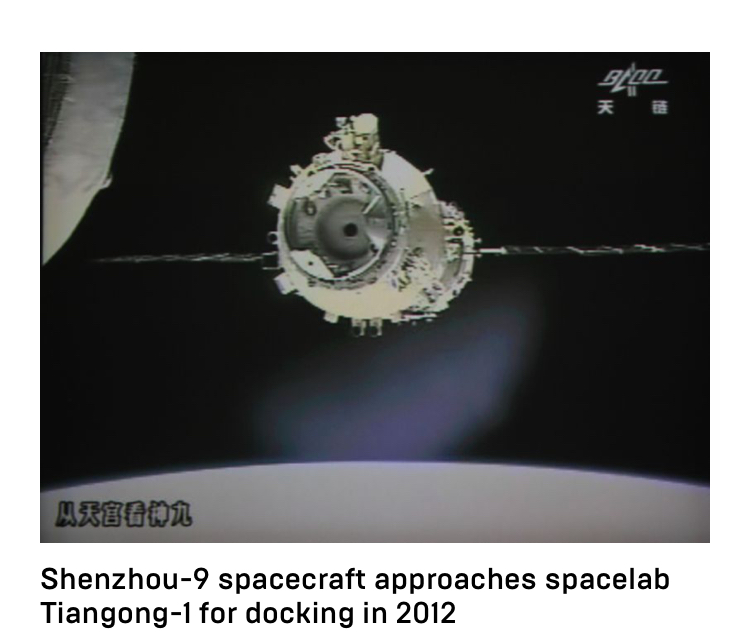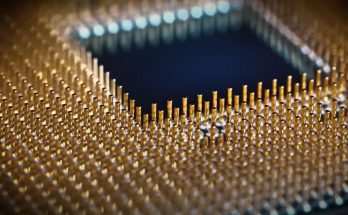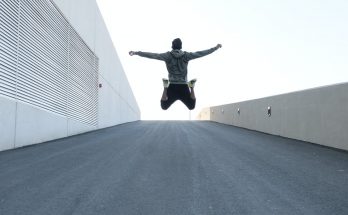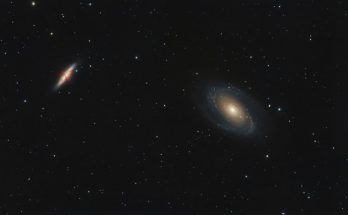
By Sharmini Jayawardena
Professor Vishnu Reddy and student Tanner Campbell of the University of Arizona has built an optical sensor costing $1500, to observe the fall on to Earth? from LEO, of China’s orbiting satellite?,Tiangong – 1 at 28,000kmp between 30 – 3 March 2018!
phys.org
What are the odds of Tiangon falling on you?
Moth Bothwell, an astronomer at Cambridge University’s Institute of Astronomy says that in statistical terms, this is, “billions to one.”
Soon to re-enter Earth’s atmosphere, China’s Tiangong – 1 space station located in LEO or low space orbit of an altitude above Earth’s surface of about 28000 kemp/h (17,400 mph), orbiting every 90 minutes, is being observed with radar equipment and with an optical sensor put together by the two astroboffins.
According to Reddy, they thought of what assistance they could be to their country’s national security, and they came up with the low cost optical sensor that can be operated by amateurs as well.
According to Wired, predicting the debris of the 8.5 ton orbiter to fall and scatter not anywhere between 43 degrees N to 43 degrees S, is “eliminating about a third of the Earth’s surface from the firing line.”
“Who knows where that might lead”*!?
An international team of “13 space agencies and other organizations, including NASA, ESA, European National Space Agency, the Japanese Aerospace Exploration Agency, the Indian Space Research Organization, the Korea Aerospace Research Institute, Russia’s Roscosmos and the China?? National Space Administration,” which comprises the Inter Agency Space Debris Coordinating Committee (IADC), is conducting a test campaign regarding the re-entry of Tiangong – 1.
Tiangong – 1 or Tianzhou, meaning ‘Heavenly Palace’, was launched in 2011. China’s first space station, it was visited by China’s first woman astronaut??, Liu Yang, on the 2012 space mission, Shenzou 9.
“It was designed as a prototype craft, a precursor to China’s ambition of a permanent, 20-tonne space station still expected to launch? around the year 2022.”
Since experiencing loss of contact over the past couple of years, the space lab’s orbit has been decaying, meaning, getting close to Earth “while getting progressively slower as a result of atmospheric drag.”
It will emit the carcinogenic vapor hydrazine, and it is cautioned not to touch the debris!
*Lyrics from the song Fall at Your Feet by Crowded House
“Fall At Your Feet”
I’m really close tonight
And I feel like I’m moving inside her
Lying in the dark
I think that I’m beginning to know her
Let it go
I’ll be there when you call
And whenever I fall at your feet
Won’t you let your tears rain down on me?
Whenever I touch your slow turning pain
You’re hiding from me now
There’s something in the way that you’re talking
The words don’t sound right
But I hear them all moving inside you
Know
I’ll be waiting when you call
Hey, whenever I fall at your feet
Won’t you let your tears rain down on me?
Whenever I touch your slow turning pain
The finger of blame has turned upon itself
And I’m more than willing to offer myself
Do you want my presence or need my help?
Who knows where that might lead
I fall
Whenever I fall at your feet
Won’t you let your tears rain down on me?
Whenever I touch your slow turning pain
Whenever I fall (at your feet)
Whenever I fall
![]()



